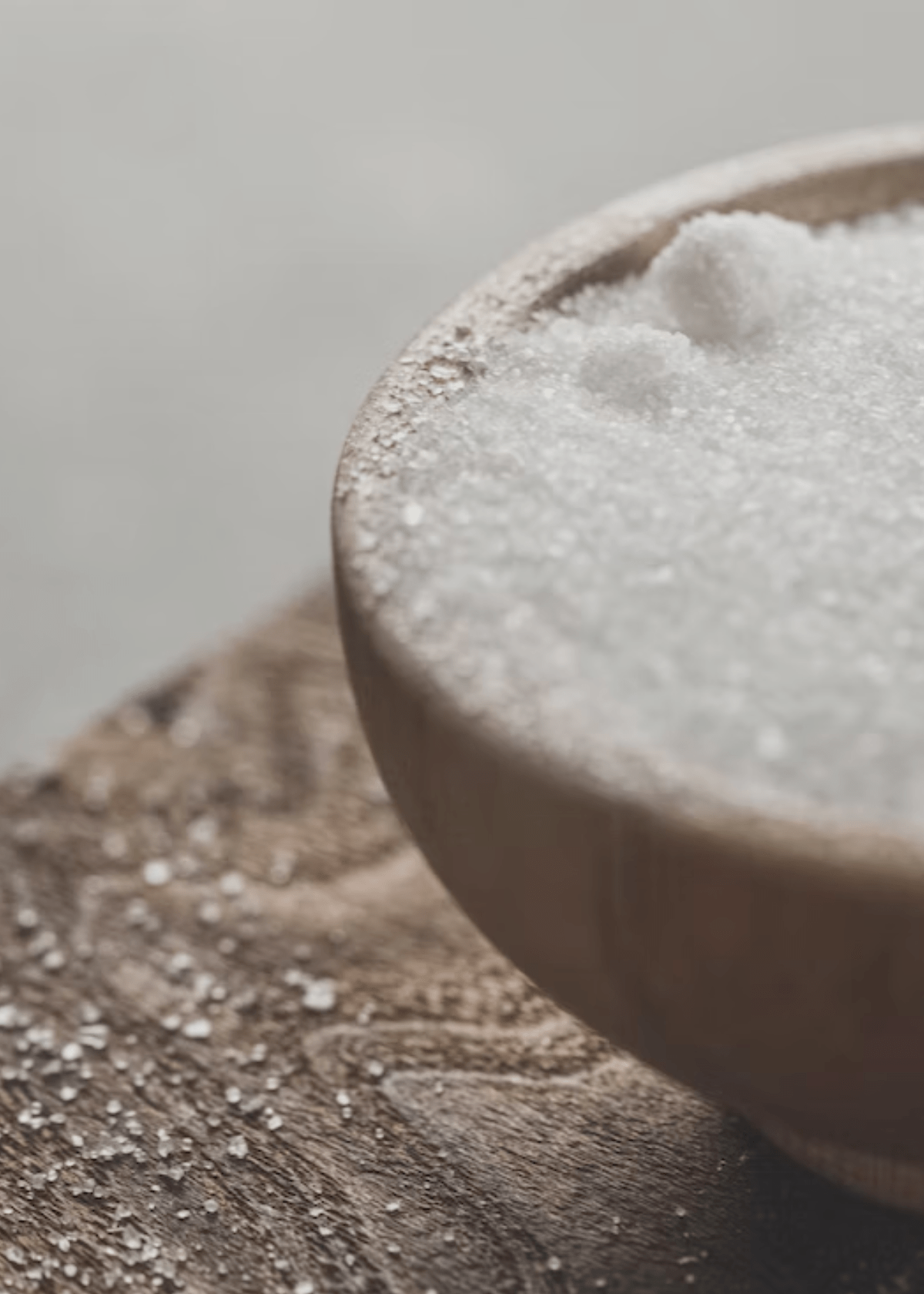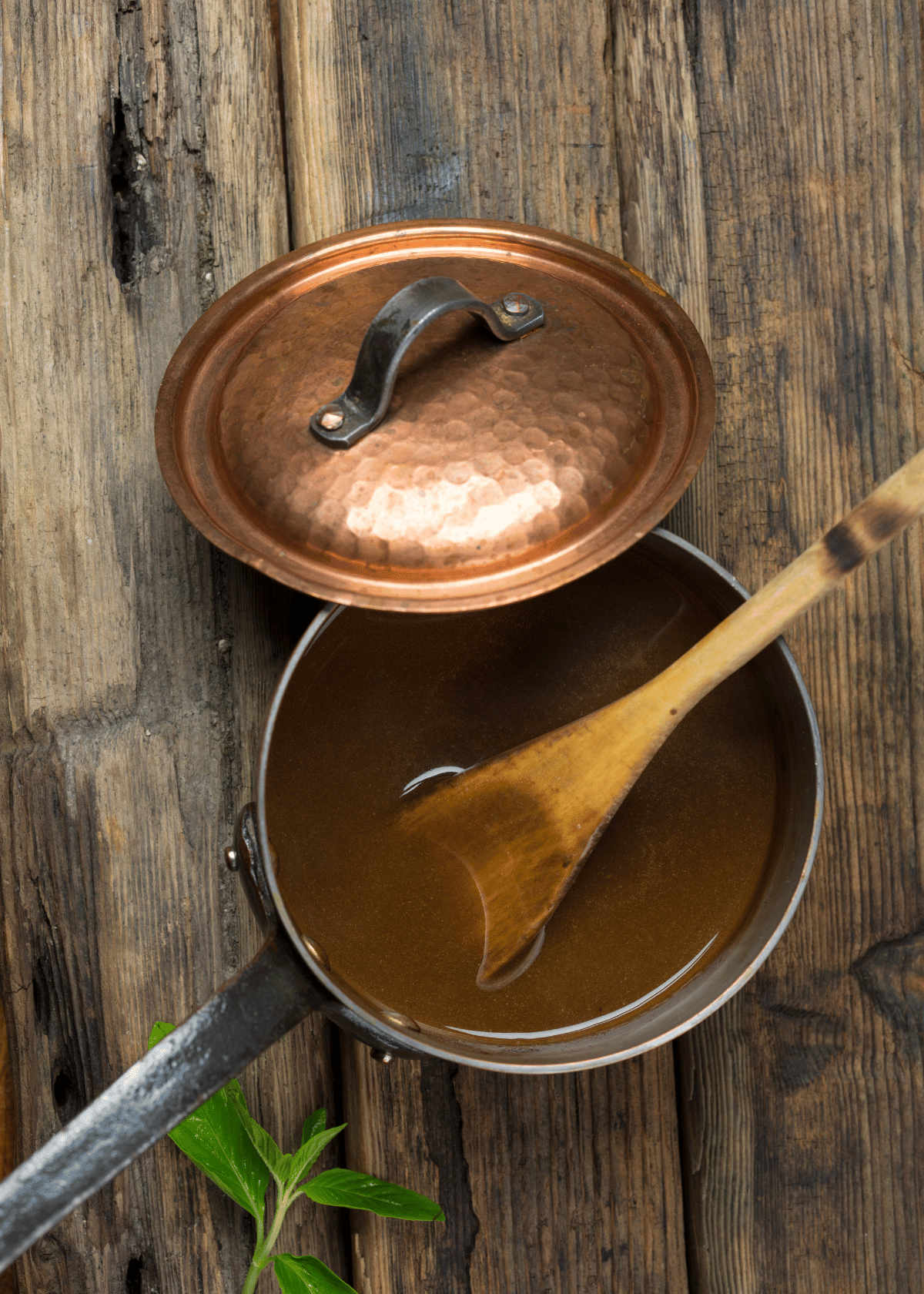Have you ever wondered what the difference is between kosher salt and table salt? Both types of salt are made of sodium chloride, but they differ in terms of texture, flavor, and use. Here's a closer look at the key differences between kosher salt and table salt.
Texture: One of the key differences between kosher salt and table salt is texture. Kosher salt has a coarser, flakier texture than table salt. This coarse texture makes it easier to sprinkle on food.
Flavor: Because of its finer grain, table salt dissolves more quickly on the tongue, which can make it taste more salty than kosher salt. Some people also believe that kosher salt has a cleaner taste since it doesn't contain additives like iodine or anti-caking agents.
Use: Another key difference between kosher salt and table salt is how they're used. Kosher salt is typically used in cooking because its coarse texture makes it easy to measure. Meanwhile, table salt is typically used at the table for seasoning food since its finer grain allows it to dissolve more quickly on the tongue.
Kosher salt and table salt may look similar, but they actually have quite a few differences. When it comes to texture, flavor, and use, kosher salt and table salt aren't interchangeable. So next time you're cooking or seasoning your food, be sure to use the right type of salt!
Want to know what the best salts for steak are? Check out our guide here!
Related Pages:







